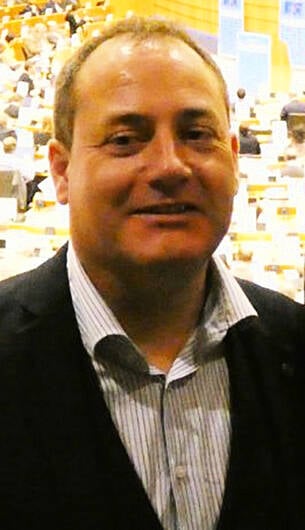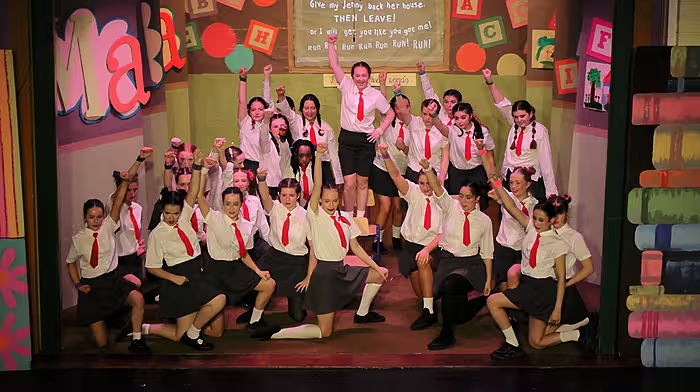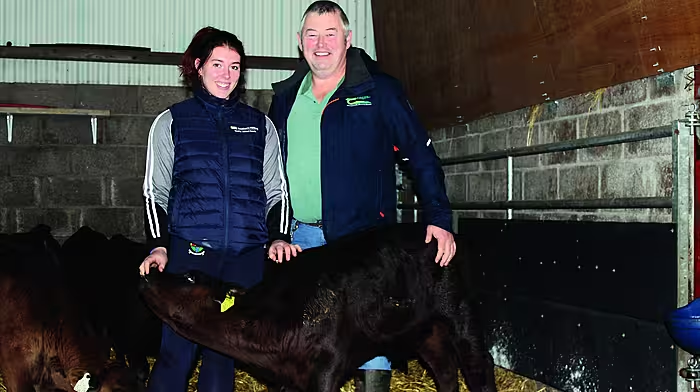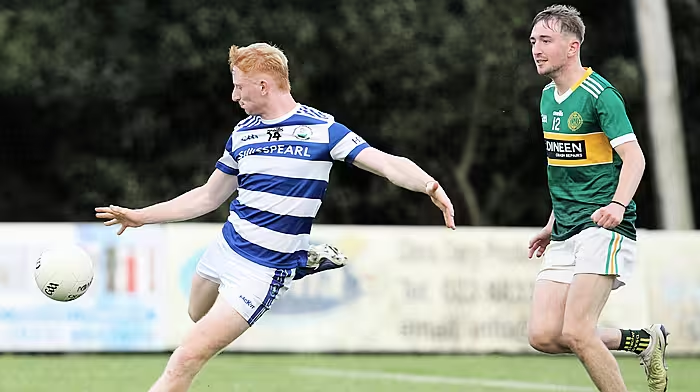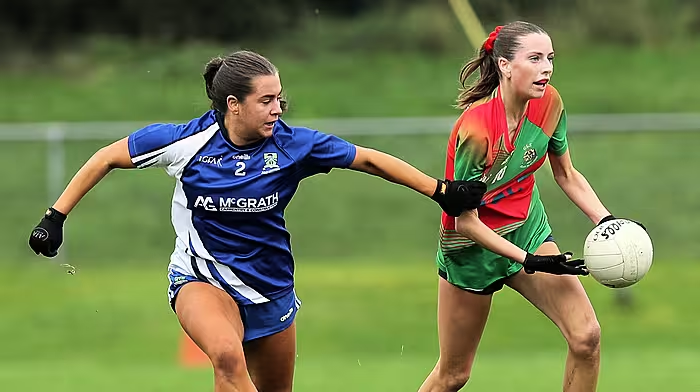Local fishing industry representatives have given a measured welcome to the outcome of the 2019 annual Fisheries Negotiations Council of Fisheries Ministers meeting in Brussels.
LOCAL fishing industry representatives have given a measured welcome to the outcome of the 2019 annual Fisheries Negotiations Council of Fisheries Ministers meeting in Brussels.
However, Patrick Murphy, chief executive of the Irish South and West Fish Producers’ Organisation (IS&WFPO) said there was still a very long road ahead to ensure the industry was a sustainable one.
Speaking from Brussels Mr Murphy said: ‘We had come out here with very big fears which have been appeased somewhat with the introduction of the discard ban on the 1st of January. But the situation could change again with Brexit on the 31st of March. As soon as this industry gets over one crisis, there’s another one lurking around the corner.’
The intense negotiations resulted in increases in a number of stocks of importance, for south and south-western ports, such as haddock (+20%), hake (+28%) and megrims (+47%) in the Celtic Sea. There was an overall increase of 30% in whitefish quota, including offshore haddock (+92%), and increases in haddock (+20%) and cod (+16%) in the Irish Sea.
However, prawn quotas took a cut of 32%, which Mr Murphy described as a ‘big blow.’ Agriculture Minister Michael Creed said his primary ambition at the negotiations was ‘to set quotas for Irish fishermen that will support the livelihoods of fishermen and at the same time respect the scientific advice for stocks.’
He added: ‘We knew coming into these negotiations that, in line with the scientific advice, some substantial cuts would be necessary to protect some of our key fisheries such as herring, mackerel and prawns. To their credit, the Irish fishing industry accepted that these cuts were necessary.’
Responding, Mr Murphy said: ‘Our fishermen really got nothing extra except a little more flexibility to stay fishing. It could have been worse but there was no windfall. We held our ground.
‘But we now beseech the Minister for Agriculture to develop opportunities in other fisheries, and to pursue every avenue possible to diversify’.
The focus, he said, continues to be to make fishing commercially viable.
‘Fishing is a business, and fishermen put their lives on the line to make a viable income for themselves, their crews and their coastal communities such as Castletownbere and Union Hall.’
Mr Murphy added: ‘The axe is still dangling, the hand is on the axe, but it’s not coming down yet.’
Concluding, Minister Creed said: ‘This was a very challenging and complex negotiation. Some of the Commission’s quota proposals this year would, in my view, have run the risk of closing sustainable fisheries by creating a “race to fish” and exhausting quotas for important fish stocks in the Celtic Sea, Irish Sea and the waters off Donegal. That risk has been averted.
‘I believe that, on balance, it is a sustainable and viable package. 2019 will be a challenging year for the Irish fishing industry, not least with the ongoing uncertainty around Brexit, but I believe that this agreement on quotas will help us all to face those challenges head-on.’

